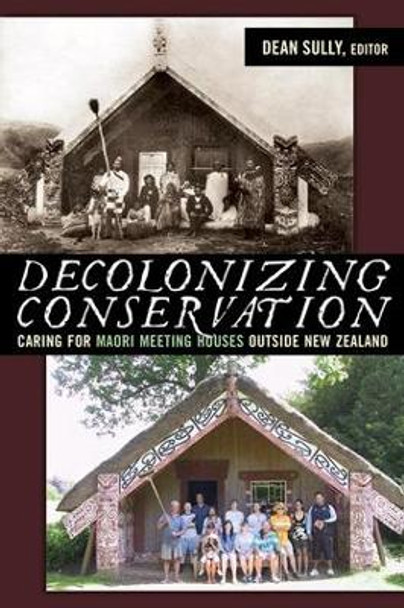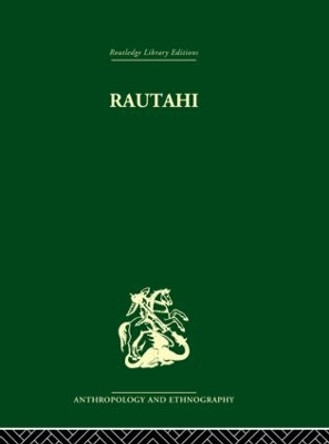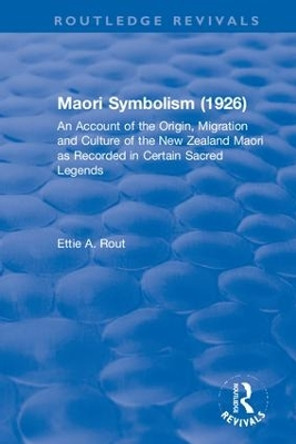This book argues for an important shift in cultural heritage conservation, away from a focus on maintaining the physical fabric of material culture toward the impact that conservation work has on people's lives. In doing so, it challenges the commodification of sacred objects and places by western conservation thought and attempts to decolonize conservation practice. To do so, the authors examine conservation activities at Maori marae-meeting houses-located in the US, Germany, and England and contrasts them with changes in marae conservation in New Zealand. A key case study is the Hinemihi meeting house, transported to England in the 1890s where it was treated as a curiosity by visitors to Clandon Park for over a century, and more recently as a focal point of cultural activity for UK Maori communities. Recent efforts to include various Maori stakeholder communities in the care of this sacred structure is a key example of community based conservation that can be replicated in heritage practice around the world.
About the AuthorDean Sully is Lecture in Conservation at University College London Institute of Archaeology and National Trust Advisor for the Conservation of Archaeological Artefacts. He previously served as conservator at the National Heritage Board Singapore, Museum of London, and the British Museum. Sully is author of over 15 articles on conservation topics.
Book InformationISBN 9781598743104
Author Dean SullyFormat Paperback
Page Count 272
Imprint Left Coast Press IncPublisher Left Coast Press Inc
Weight(grams) 362g







